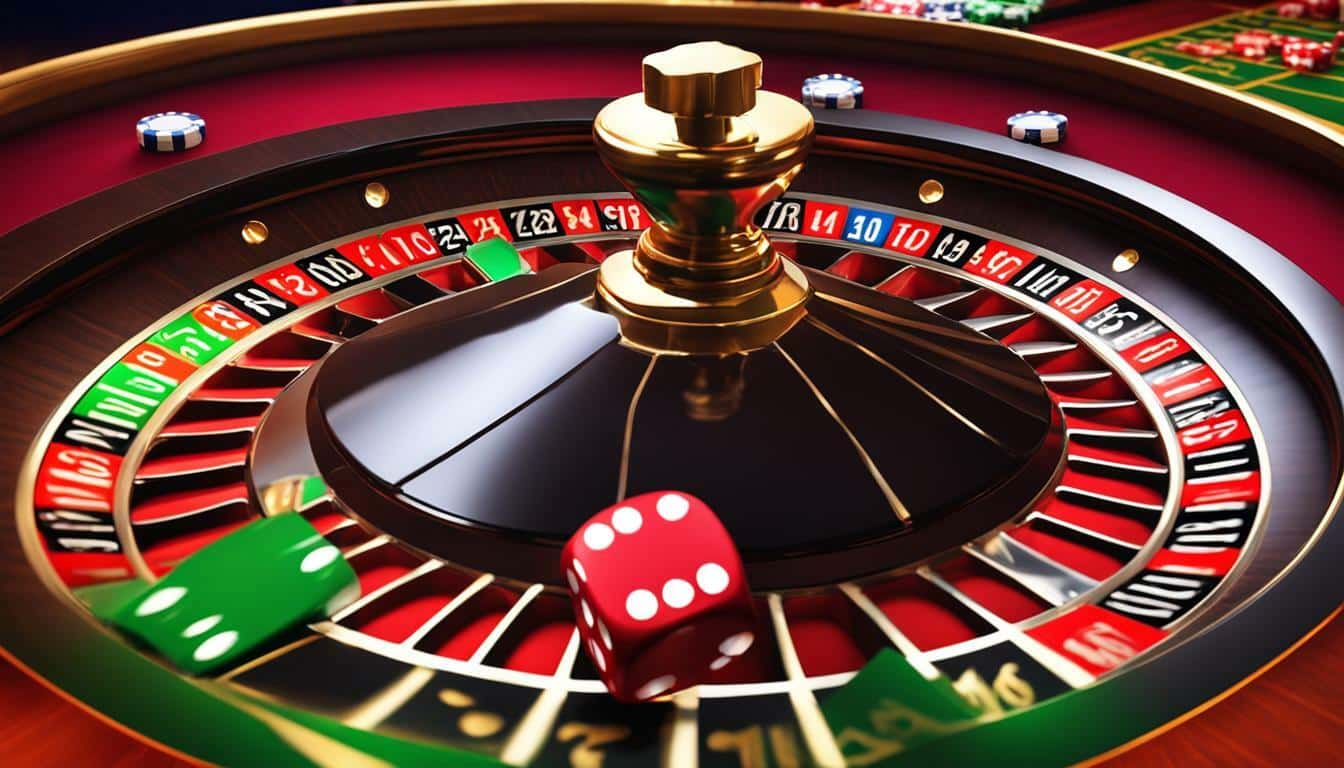
In the lively world of gambling games, few games evoke as much thrill and intrigue as the game of roulette. This classic game, with its spinning wheel and rolling ball, has engaged players for centuries, blending the excitement of luck with the allure of strategy. iwin app As players gather around the cloth-draped table, the atmosphere vibrates with excitement, every bet a balancing act between danger and reward.
Roulette stands out not only for its simplicity but also for the strategic depth it offers. While the outcome is ultimately dictated by chance, experienced players know that certain tactics can affect their odds of success. Whether you are a veteran gambler or a beginner drawn by the dazzling lights of the casino, understanding the nuances of roulette can improve your experience and maybe lead to rewarding outcomes. In this article, we will delve into the mechanics of roulette, examining how luck and tactics combine to create one of the most popular casino games around the world.
Comprehending the Game of Roulette
Roulette is a classic casino game that merges elements of chance and strategy, making it a favored choice among players globally. Originating from the 1500s French lands, it has transformed into various versions, including U.S., European, and French roulette. Each version includes a turning wheel with numbered pockets, where players make their bets on the possible outcomes of a small sphere landing in one of these pockets.
The essence of roulette lies in its straightforwardness. Players have the freedom to bet on a single number, a series of numbers, or colors, such as crimson or ebony. The betting layout on the table offers a variety of wagering choices, allowing participants to take part according to their risk tolerance and strategies. As the dealer spins the wheel and releases the ball, the excitement builds, ultimately creating an thrilling atmosphere to the casino floor.
While roulette may seem largely controlled by luck, many players create strategies to improve their odds of winning. Some often used strategies include the Martingale system, where players multiply their bets after losses, and the Fibonacci strategy, which involves betting based on the famous Fibonacci sequence. Regardless of the method applied, grasping the rules and probabilities of the game is essential for any player looking to make smart decisions at the roulette table.
Strategies for Victory
When playing roulette, one of the most effective strategies is the Martingale approach. This tactic involves increasing your bet after each loss, which means that when you ultimately win, you will regain all your previous losses and gain a profit equal to your original bet. While this strategy can be appealing, it requires a substantial bankroll and comes with the chance of hitting table limits, which could prevent you from continuing to double your bets.
Another frequent strategy is the Fibonacci system, which is derived from the famous Fibonacci sequence. In this approach, players boost their bets according to the sequence after a loss, and lower them after a win. This method allows for more organized betting, possibly lowering the risk of significant losses. While it does not guarantee a win, it can help oversee your bankroll effectively and create a more systematic betting environment.
Finally, the D’Alembert method offers a different tactic by adjusting your bets in incremental increments. After a loss, you raise your bet by one unit, and after a win, you lower it by one unit. This strategy aims to balance out wins and losses over time, making it a safer alternative for players who prefer a more cautious approach. By utilizing these strategies, players can improve their gameplay and amplify the chances of success at the roulette table.
The Role of Luck in Gambling
Luck plays a key role in the nature of casino games, particularly in games like craps where outcomes are inherently unpredictable. Players place their bets with the understanding that the result is determined by uncontrollable variables, such as the spin of the wheel and the bouncing ball. This chance adds an exciting element to the experience, as each round provides a fresh opportunity to win or fail. Understanding that the game is governed by chance helps to shape player expectations and strategies.
While luck is a significant factor, the influence of chance extends beyond mere winning and losing. It serves as a important reminder of the inherent pitfalls involved in gambling. Players often grapple with the temptation to believe that certain trends or streaks can predict future outcomes, yet the truth is that each spin of the wheel independent. This randomness can lead to frustration, but it also fuels the excitement that keeps players returning to the tables.
Ultimately, the essence of gambling lies in striking a balance between luck and strategy. While players can use different strategies and betting systems in an attempt to gain an edge, the element of chance ensures that no approach can assure success. This dynamic interplay between skill and luck is what defines the allure of casino games, creating an environment where every player hopes to defy the odds.